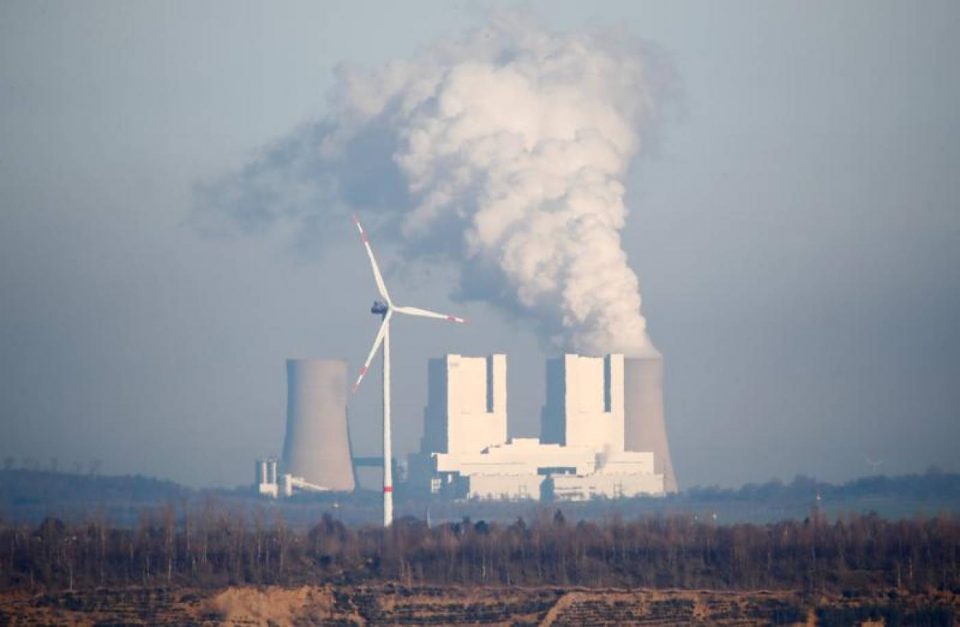Global carbon dioxide emissions dropped by 5.8 per cent in 2020 as the covid-19 pandemic brought economies to a standstill but rebounded in December 2020 and are on course to rise further, said the International Energy Agency (IEA) on Tuesday. This was the largest annual drop in global energy-related carbon dioxide emissions since World War-II, said IEA, adding that this must serve as a stark warning to policymakers.
“The rebound in global carbon emissions towards the end of last year is a stark warning that not enough is being done to accelerate clean energy transitions worldwide,” said Fatih Birol, IEA executive director.
China, the world’s biggest emitter of greenhouse gases, was the only country that experienced an increase in emissions last year; it rose 0.8 per cent, or 75 million tonnes, from 2019 levels, IEA said. In India, the world’s third-biggest emitter, emissions rose above 2019 levels from last September as economic activity increased on the back of easing lockdowns.
As travel and economic activity picks up around the world, oil consumption and its emissions are rising again. The record increase in sales of electric vehicles is insufficient to offset the growth in emissions caused by the uptick in road traffic around the world.
“If current expectations for a global economic rebound this year are confirmed, and in the absence of major policy changes in the world’s largest economies, global emissions are likely to increase in 2021,” Birol added. Global emissions from the electricity sector dropped by 450 million tonnes in 2020. This resulted partly from lower electricity demand but also from increases in electricity generation by solar photovoltaic and wind.



